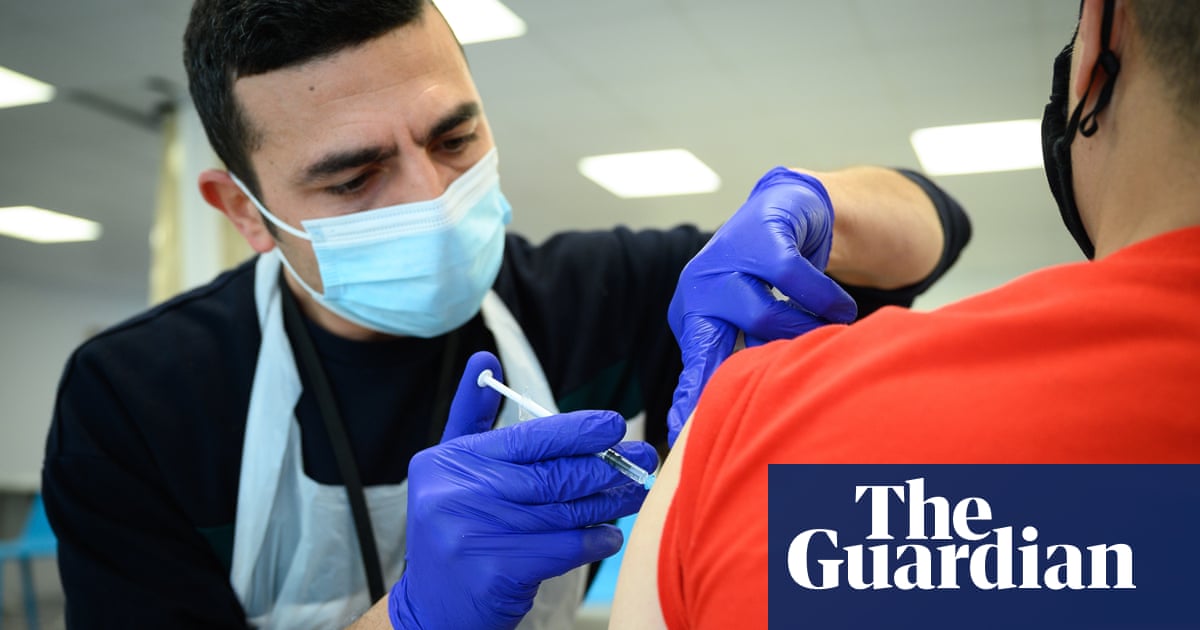
A study shows that booster shots can strengthen the body's immune defences, raising hopes of preventing another wave of severe disease driven by the Omicron variant.
In a study published in the Lancet, researchers measured immune responses in nearly 3,000 people who received one of seven Covid-19 boosters or a control jab two to three months after their second dose of either AstraZeneca or Pfizer vaccine.
Those boosted with Pfizer had higher levels of antibody a month later than controls. When the Pfizer booster was given after two Pfizer shots, the levels of the antibody rose more than eightfold.
A full dose of the Moderna vaccine was the most potent booster in the study, raising the levels of antibody in the Pfizer group by 11-fold. Moderna is given at a half-dose in the UK booster programme.
The findings show that Pfizer and Moderna are both effective boosters, but scientists cautioned against comparing their performance as people started with different levels of antibody. A booster wouldn't be able to drive up the levels of the antibody because they tend to remain high a few months after a Pfizer vaccine.
Prof Saul Faust, the trial lead and director of theNIHR clinical research facility at University Hospital, said that these are remarkably effective immunological boosters, way above what is needed to prevent hospitalisation and death. The study found no safety concerns when it came to side-effects like fatigue, headaches or arm pain.
The scientists looked at the impact of boosters on T-cells, a crucial component of the immune system. Pfizer, Moderna and other boosters increased T-cell levels regardless of the vaccine people had for their first two doses.
